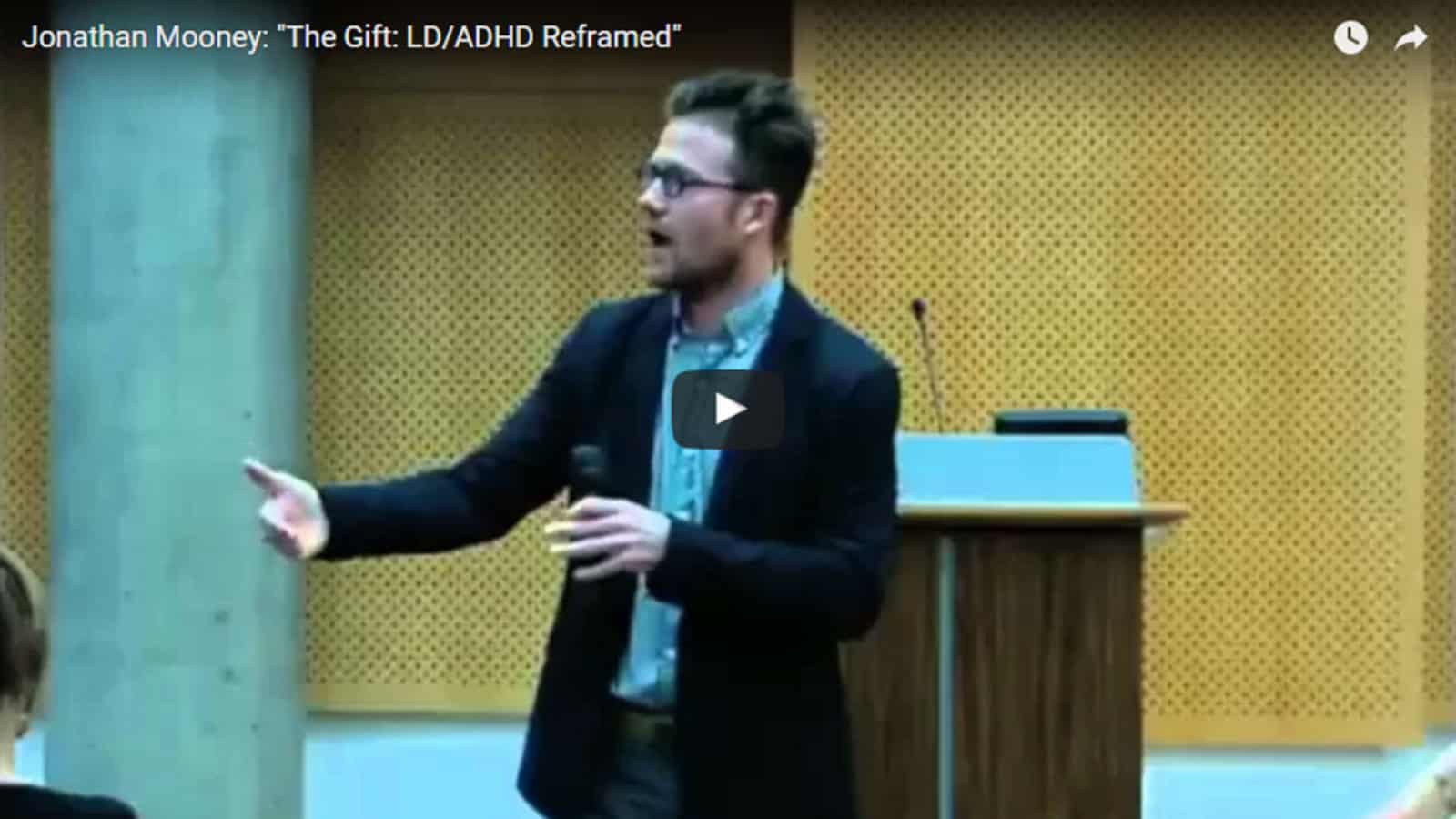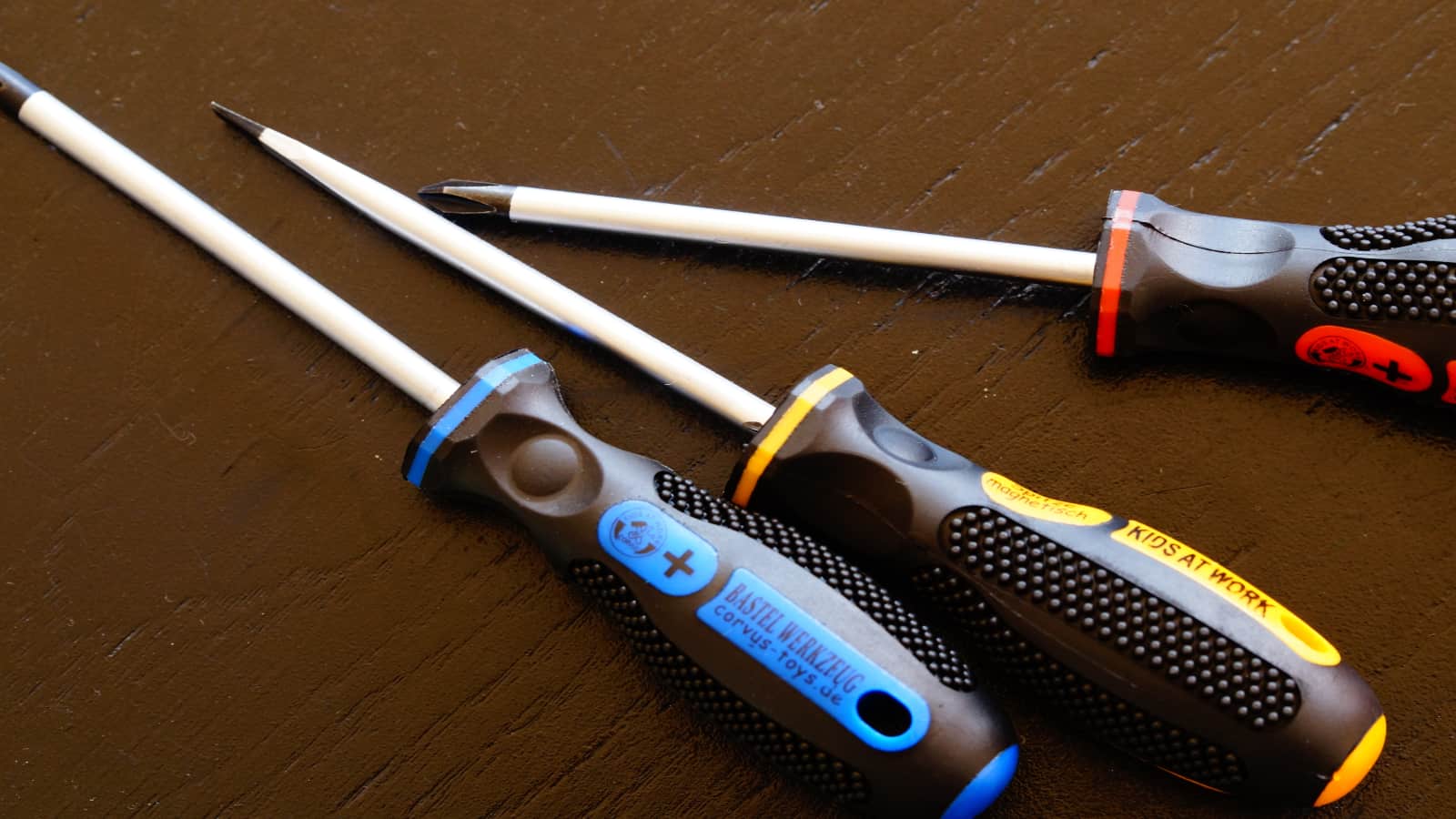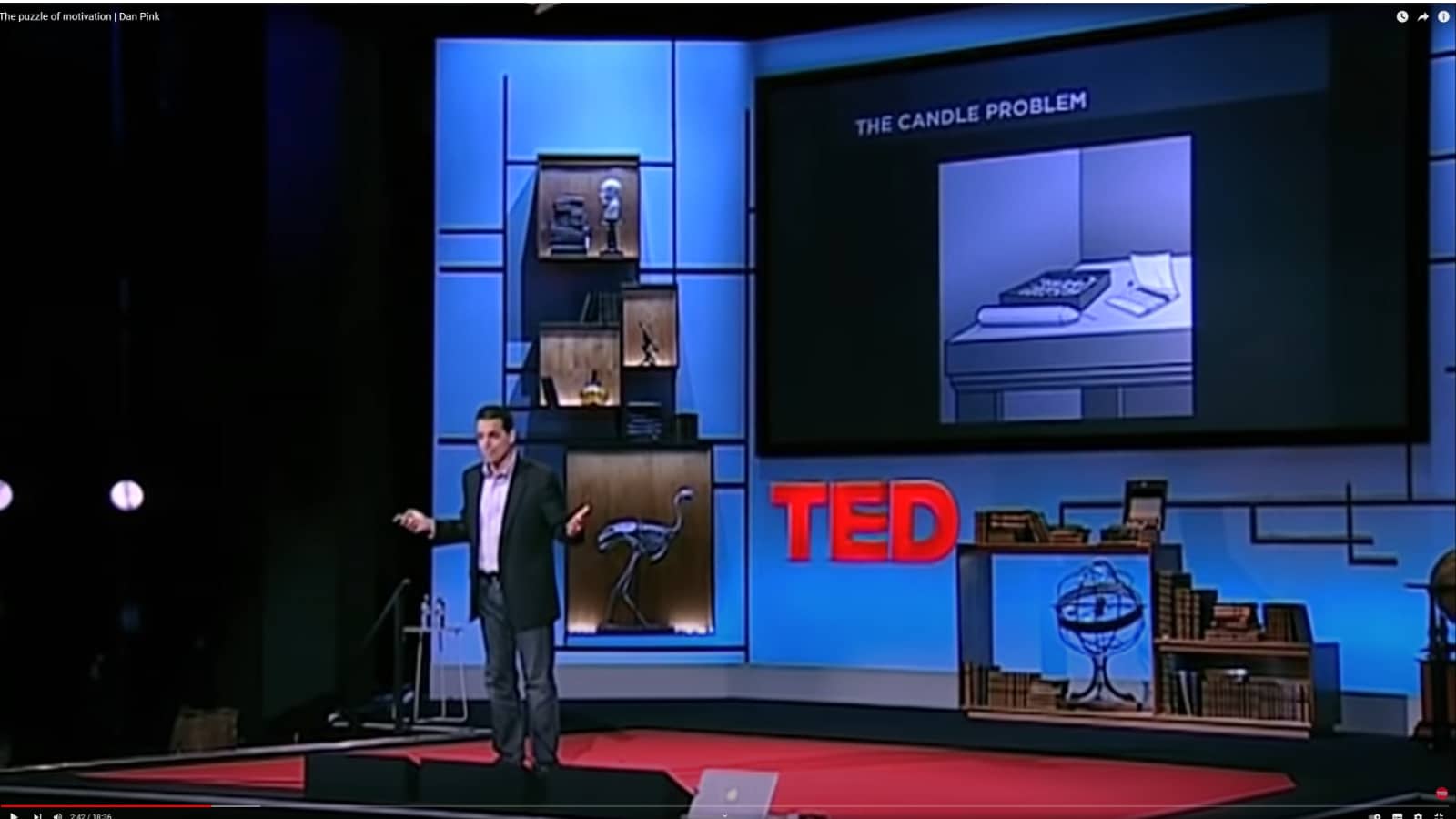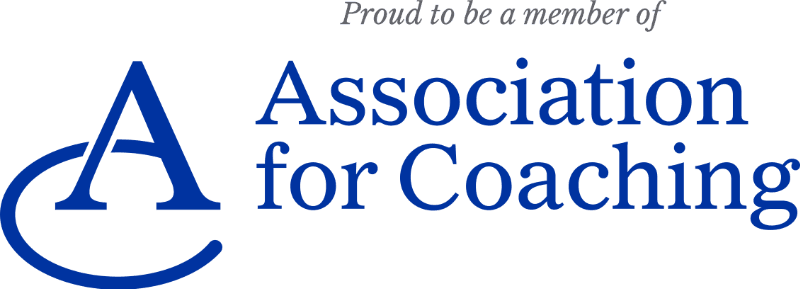
Access to Work funding
If you live in England, you may be entitled to disability support for a few months free ADHD coaching
Book a Call
If you are interested in coaching, book a free call to see if coaching with me might help
Coaching Q&A
An explanation of how I coach, the process, frequency and aims

A Different Perpective
Entrepreneurship, creativity, inventiveness and humour are ADHD strengths as sometimes the problem lies with "neurotypical" thinking.
ADHD at Work
Taking time to plan the longer view and develop strategies can work wonders for ADHD performance in business
Being ADHD
Some insights on Being ADHD, the human experience of living, thinking, and acting with ADHD.

Are you ADHD?
20 quick questions that might help determine whether you are ADHD?
ADHD Diagnosis in the UK
Navigating the painfully slow NHS or private diagnosis is painful, here's a guide
Help for ADHD
Some helpful posts and pointers on diagnosis and ADHD supprt
What is ADHD?
My integrated view of ADHD, based on neuroscience, genetics, and psychiatry
My diagnosis journal
Some notes from my extended and ultimately unsuccessful ADHD medication experience
Interview on Hope
See your ADHD reflected in others
See your ADHD reflected in others
Access to Work funding
If you live in England, you may be entitled to disability support for a few months free ADHD coaching
Book a Call
If you are interested in coaching, book a free call to see if coaching with me might help
Coaching Q&A
An explanation of how I coach, the process, frequency and aims
Business Coaching
Find out more about how ADHD coaching can help at work
Life Coaching
Everything is connected so health, family, friends, sleep, diet, and medications are critical to our wellbeing.
Testimonials
Thanks and reviews from a few clients


A Different Perpective
Entrepreneurship, creativity, inventiveness and humour are ADHD strengths as sometimes the problem lies with "neurotypical" thinking.
ADHD at Work
Taking time to plan the longer view and develop strategies can work wonders for ADHD performance in business
Being ADHD
Some insights on Being ADHD, the human experience of living, thinking, and acting with ADHD.
ADHD Strategies
Some thoughts, strategies and tools that might be of use, none are guaranteed of course!
Wellbeing
Health issues like poor sleep issues, anxiety and depression common in ADHD, focusing on better health, diet, exercise can really helps reduce many of the symptoms


Are you ADHD?
20 quick questions that might help determine whether you are ADHD?
ADHD Diagnosis in the UK
Navigating the painfully slow NHS or private diagnosis is painful, here's a guide
Help for ADHD
Some helpful posts and pointers on diagnosis and ADHD supprt
What is ADHD?
My integrated view of ADHD, based on neuroscience, genetics, and psychiatry
My diagnosis journal
Some notes from my extended and ultimately unsuccessful ADHD medication experience
Interview on Hope


















